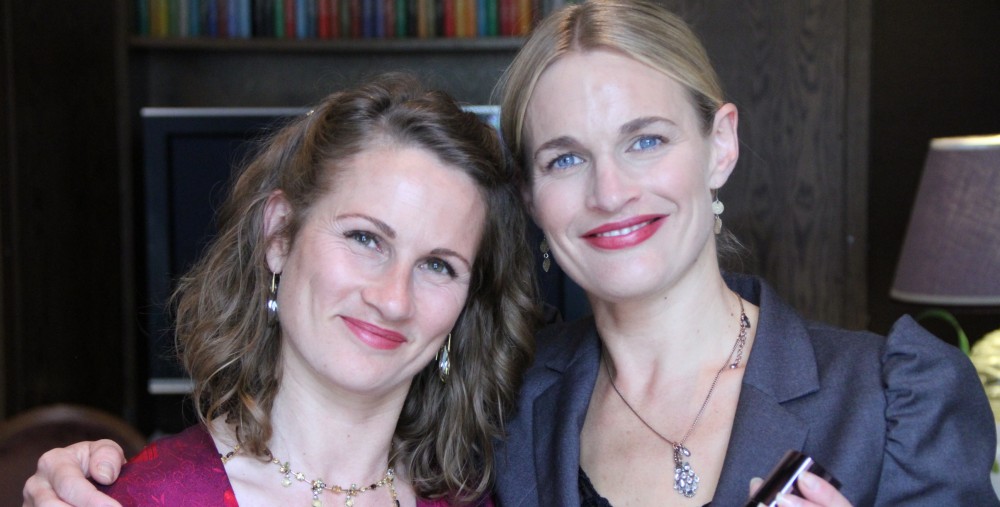There might not be a single policy that can eliminate gender equality, but a new Harvard Business School study shows that being raised by a working mum comes close
My journey as a mother and business owner has been trial and error battle for that work / life balance. Starting of my ventures in the world of business as a fashion designer, I felt a profound passion for my work. But when I had my two girls, I became torn between independent financial success and fulfilment and being a stay-at-home mum.
It was truly incredible timing when I discovered Arbonne six years ago, I learned so many new skills which I have subsequently been able to apply to my other (successful!) businesses. As an Arbonne consultant, I can not only help my own family use the purest and healthiest products, but I am bringing two extra incomes into the home, (that’s one per daughter!)
Join my ever-growing global business and you too could help change Health, Wealth and Wellbeing of families around the world -as well as inspire your own children to do the same. After reading this Guardian article, I can cast aside any guilt society may have lead me to feel and relish in my pride of being a great role-model. Together we can challenge ourselves to grow, and to grow our businesses around our family. This, in turn, will inspire our children, boys or girls, to aim higher in life.
“Concerning and troubling”, “watching society dissolve around us”, “the disintegration of marriage”, “something going terribly wrong”, “hurting our children” and “tearing us apart”. These are just a handful of Fox News pundits’ responses to the revelation that 40% of American mothers have become their family’s sole or primary breadwinner.
These were not isolated opinions. In recent years, headlines across a number of publications have ranged from “Working mothers ‘damage their child’s health’”, to “Working mothers risk damaging their child’s prospects” to (at the more extreme end of the spectrum) “How feminism demeans women and destroys families.” And, according to a 2007 survey by the Pew Research Center, 41% of the US population agreed that the trend towards mothers working outside the home was a bad thing for society. Just 22% believed it to be a good thing.
But a new study from Harvard Business School’s recently launched Gender Initiative shows that working mothers are not the destroyers of marriage and society that some would have us believe. The as yet unpublished study of 50,000 adults in 25 developed countries found that women who grew up with working mothers not only earn more than their peers with stay-at-home mothers, but are also more likely to have supervising roles at work.
Kathleen McGinn, a professor at HBS and one of the authors of the study, sums up what the findings mean: “There is no single policy or practice that can eliminate gender gaps at work and at home. But being raised by a working mother appears to come very close.”
Contrary to widespread belief, the researchers also found little evidence to suggest that a mother’s choice to work or to stay at home has any major impact on their children’s happiness. “Controlling for education, employment, income and other demographic variables, children of working mums and children of stay-at-home mums report equal levels of happiness as adults – not happier, not less happy.”
The results suggest that instead of looking to demonise one set of mothers for getting it “wrong”, we can instead celebrate the fact that there are benefits to be reaped from a wide variety of women’s personal choices. “We hope these findings will challenge stereotypes about working mums ‘harming’ their children,” say the report’s authors, “and will help working mums feel confident that they are contributing to their sons’ and their daughters’ lives in lots of positive ways. We also hope the findings from our research will promote respect for the spectrum of choices women and men make at home and at work.”
So instead of criticising women’s choices for hurting their families, it is time to celebrate them for the varied and rich benefits they bring. And while we’re at it, we might also stop to wonder why fathers’ parenting decisions and career choices rarely appear in the debate at all.


